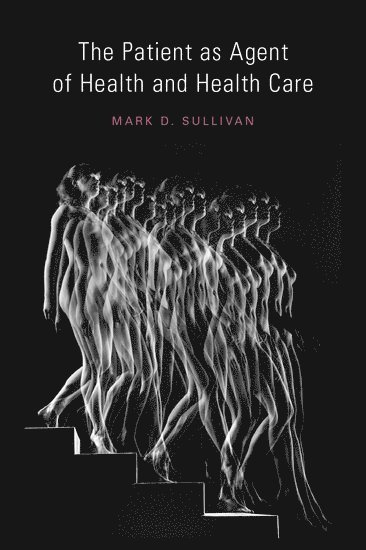
Fler böcker inom
- Format
- Inbunden (Hardback)
- Språk
- Engelska
- Antal sidor
- 456
- Utgivningsdatum
- 2017-02-09
- Förlag
- OUP USA
- Dimensioner
- 236 x 155 x 41 mm
- Vikt
- ISBN
- 9780195386585
- 704 g
The Patient as Agent of Health and Health Care
Autonomy in Patient-Centered Care for Chronic Conditions
Inbunden,
Engelska, 2017-02-09
1039
- Skickas från oss inom 5-8 vardagar.
- Fri frakt över 249 kr för privatkunder i Sverige.
Finns även som
Passar bra ihop
De som köpt den här boken har ofta också köpt Medical Medium Life-Changing Foods Expanded Edi... av Anthony William (inbunden).
Köp båda 2 för 1450 krKundrecensioner
Har du läst boken?
Sätt ditt betyg »
Fler böcker av författarna
-
Beneath a Scarlet Sky
Mark Sullivan
-
Last Green Valley
Mark Sullivan
-
Under en brinnande himmel
Mark Sullivan
-
Private L.A.
James Patterson, Mark Sullivan
Övrig information
Professor of Psychiatry and Behavioral Sciences; Adjunct Professor of Medical History and Ethics, University of Washington
Du kanske gillar
-
Redeeming 6
Chloe Walsh
Häftad -
Saving 6
Chloe Walsh
Häftad -
Atomic Habits
James Clear
Häftad


